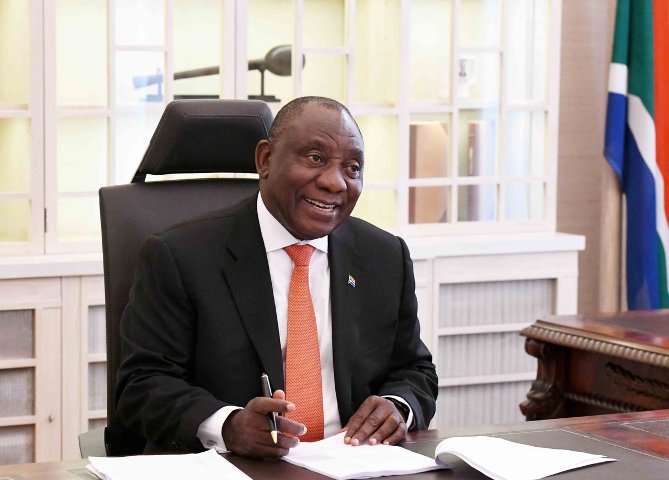In his latest weekly newsletter, President Cyril Ramaphosa announced that South Africa will take over the G20 Presidency from 1 December 2024 to November 2025, focusing on the priorities of Africa and the Global South. This leadership comes approximately five years before the United Nations (UN) 2030 Agenda for Sustainable Development deadline, and the President aims to advocate for people-driven, sustainable development as a signatory to the Pact for the Future.
“When South Africa assumes the Presidency of the Group of 20 (G20) later this year, we will prioritize the needs and aspirations of our continent and the Global South,” stated President Ramaphosa. He underscored that all nations possess a right to development, emphasizing that better-resourced countries have a responsibility to support developing economies in achieving the Sustainable Development Goals (SDGs).
The G20 comprises 19 countries, along with the African Union and the European Union, serving as the premier forum for global economic cooperation. Collectively, G20 members represent around 80% of global GDP, 75% of global exports, and 60% of the global population. During South Africa’s presidency, the nation will host a summit for Heads of State and Government and organize approximately 200 ministerial and official meetings leading up to the summit.
Pact for the Future
In his address, President Ramaphosa called for a united effort to ensure that development, poverty eradication, and job creation remain central to the national agenda. “We need to accelerate progress to realize the aspirations of the Pact for the Future and achieve the Sustainable Development Goals by 2030. This is crucial for building a better life for all our people,” he stated.
The President recently represented South Africa at the annual United Nations General Assembly in New York, where discussions emphasized the urgent need for global collaboration on pressing issues such as national security, economic development, and the rising cost of living. The UN Summit aimed to mobilize support for the 2030 SDGs, acknowledging that many developing countries are lagging in achieving their targets due to inadequate funding, exacerbated by the reallocation of scarce resources to combat the COVID-19 pandemic.
According to the UN, achieving these goals requires approximately $4 trillion, necessitating strong political will from global leaders to allocate resources effectively.
The summit concluded with the adoption of the Pact for the Future, which reaffirms that extreme poverty is the greatest global challenge and holds Member States accountable for their commitments to support sustainable development. In South Africa's address to the UN General Assembly, President Ramaphosa reiterated the need for inclusive, responsive, and agile multilateral institutions, calling for fundamental reforms in bodies like the United Nations and the International Monetary Fund.
Global Financial Institutions and Debt Servicing
The President also pointed out the shortcomings of the international financial system, citing how low-income countries struggled to secure financial assistance during the pandemic. He criticized the stringent lending requirements that hindered these nations from obtaining much-needed support, particularly in addressing climate change.
“For many African and Global South countries, the cost of servicing their debt diverts essential funds from development initiatives,” he explained. “As South Africa, we endorse the call made in the Pact for the Future for global financial institutions that are better, bigger, and bolder to tackle these challenges.”
The Pact for the Future represents an opportunity not only to bridge the development divide but also to rejuvenate the multilateral system and advance much-needed reforms in global governance, including the UN Security Council.
President Ramaphosa stated, “At a time when threats to international peace and security are complex, we cannot entrust the world’s security to a handful of major powers. The current approach is unjust, unfair, and unsustainable.” He asserted the need for a more representative Security Council that reflects the current membership of the United Nations.
The Pact for the Future commits Member States to enhance multilateral actions toward a New Agenda for Peace, with a reinforced focus on mediation and political settlement of disputes. President Ramaphosa emphasized that the pursuit of just and sustainable peace must adhere to international law, highlighting South Africa’s commitment to fostering global cooperation and support for sustainable development.











